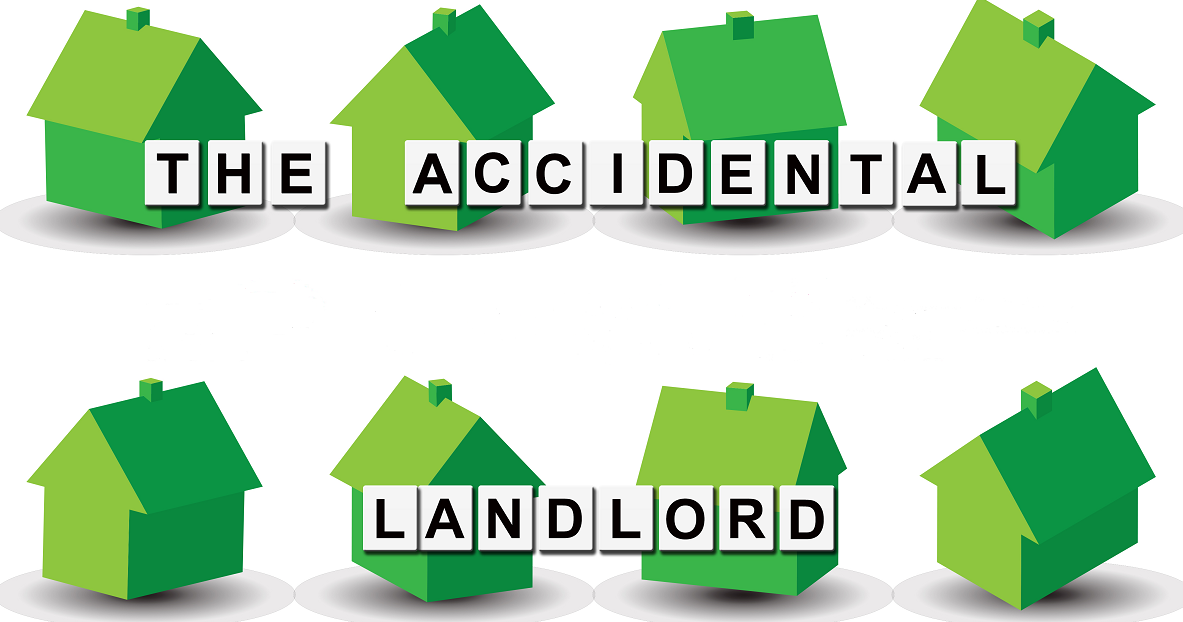
Have you talked to homeowners who have dipped their toes into the rental market?
Upticks in rents and housing shortages are motivating some owners to keep inherited
homes or look into investment purchases. The number of renters climbed in recent
years to the point where more U.S. households are renting than ever before. As a result,
some new landlords might wing it and may not be very good with repairs or property
management.
Maybe the new or newer landlord is holding off from selling due to capital gains taxes.
According to Investopedia’s August 1, 2019 article, “If you buy a home and a dramatic
rise in value causes you to sell it a year later, you would be required to pay capital gains
tax on the gain. This rule does, however, allow you to convert a rental property into a
primary residence because the two-year residency requirement does not need to be
fulfilled in consecutive years. For example, suppose that you invest in a new condo. You
live in it for the first year, rent the home for the next three years and, when the tenants
move out, you move back in for another year. At the end of the five-year period, you will
be able to sell your condo without having to pay capital gains tax.” More information
may be found at: Investopedia Capital Gain on Home Sales
In an article on Biggerpockets.com, they state “such accidental landlords should
understand that if they rent out their homes too long before they sell them, they could
lose the biggest tax break available for most people: the home sale exclusion.” Read
the article: Home selling Tax Tips for Accidental Landlords

Do the advantages of being a landlord outweigh the risks? Take these items into consideration:
Talk to your mortgage provider- depending on the type of mortgage you have - and
who you have it with - you may have to switch or alter your current contract.
Talk to your insurer- Not only to change the type of policy you hold, but also to
consider adding additional liability coverage.
Know your legal obligations - Items such as handling deposits and advance rent
payments are restricted by law. Lease agreements are legally binding contracts.
Utility accounts- You may need to switch over responsibility for utilities to tenants for
payment and have an agreement with the utility companies not to shut off utilities in the
event of a tenant lapse.
Know your rights- and the rights of your tenant(s) as your State dictates.
Consider tax liabilities- Rents received from tenants are income and are reportable.
Many people may not be sure if they are cut for the landlord but look at the advantage
of building wealth through real estate. When faced with holding a rental or selling, the
decision has many facets to it.
Additional resources may be found at: Accidental Rental